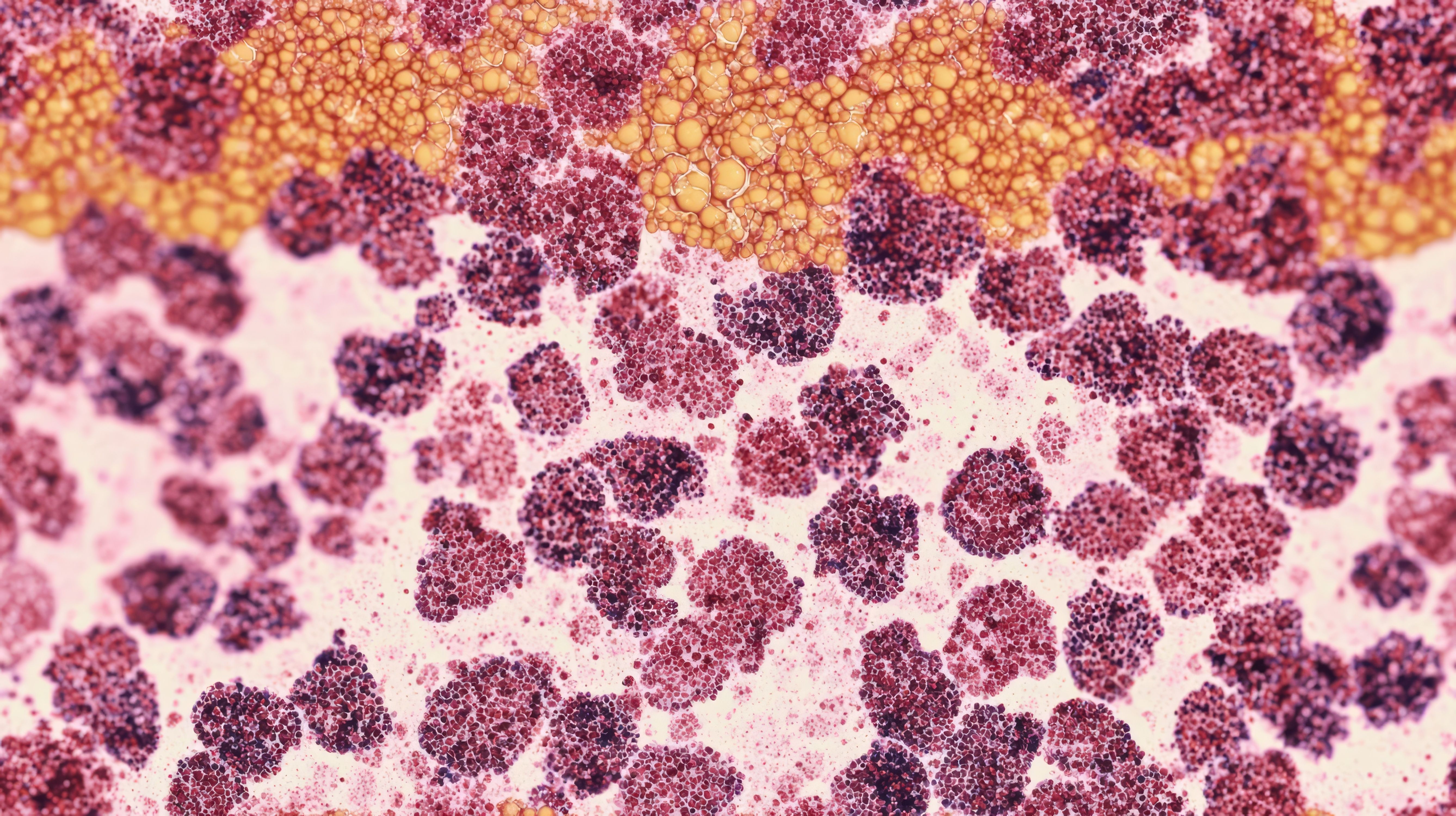Article
Male Childhood Cancer Survivors Face Higher Risk for Fertility Problems
Author(s):
Men diagnosed with cancer under age 25 far less likely to have children and more likely to take infertility drugs.
Males who have survived childhood or adolescent cancer are at a higher risk for fertility issues and are 3 times more likely to get assisted fertilization, according to a recent study.
Researchers at the University of Bergen (UiB) looked at Norwegian men born between 1965 and 1985 and were registered in compulsory national registries in Norway. The results showed men diagnosed with cancer under the age of 25 years were far less likely to have children than those who didn’t have cancer.
"These finds are important for male cancer survivors, seeing as we can identify groups at risk of having reproduction problems," said lead author Maria Winther Gunnes, PhD.
This recent data could prove to be helpful in future cancer treatments by administering treatments that affect fertility to a lesser degree. Patients could also preserve sperm before starting treatment.
The number of childhood cancer survivors has increased as a result of improved treatment options and care, with nearly 80% of pediatric cancer patients surviving the disease, the study noted.
The researchers found a reduction in paternity for male cancer survivors, especially those who had had testicular cancer, lymphoma, leukemia, bone cancer, and brain tumors. Male survivors also were less likely to get married.
However, the children of cancer survivors were not found to have an increased risk for perinatal death, congenital anomalies, increased risk of preterm birth, or low birth weight.
"It is important to be able to assure young, male cancer survivors that their illness and treatment will not have a negative impact on their own children," Gunnes said.
Newsletter
Stay informed on drug updates, treatment guidelines, and pharmacy practice trends—subscribe to Pharmacy Times for weekly clinical insights.




